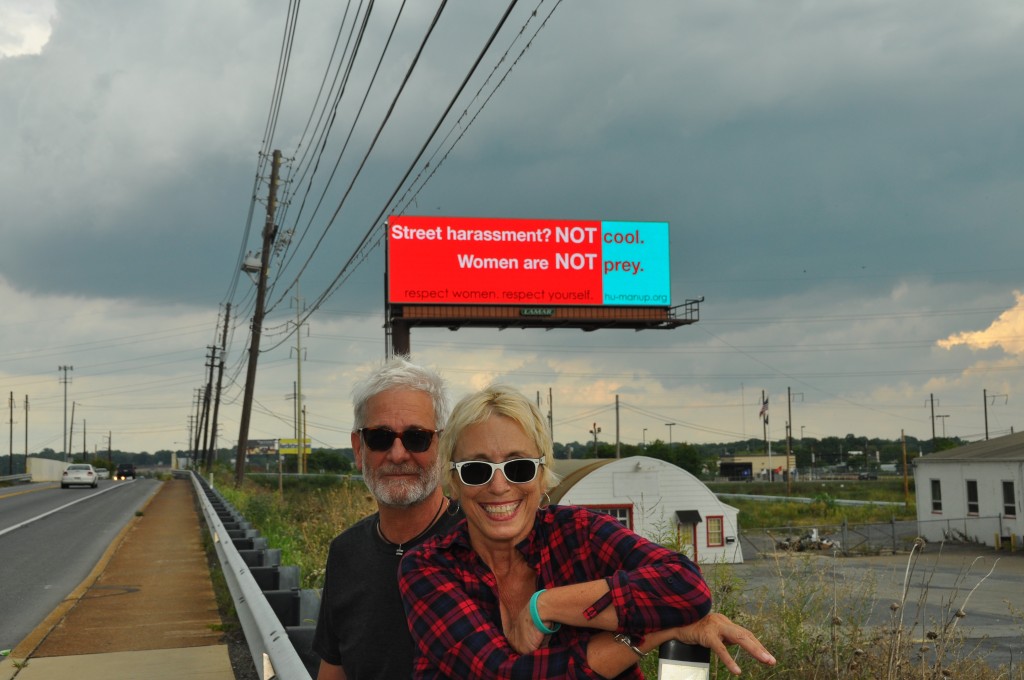Every day I walk down the street to my home in London I get comments from men ranging from “compliments,” to comments about my body, to something more explicit. Every time I feel attacked, undermined, disrespected, vulnerable and furious! These men know women don’t want to hear it. It’s not a compliment, it’s a power play. It’s objectification and it’s unacceptable.
I’m not very young, very pretty or very remarkable – I’m just a normal woman trying to walk home safely and quietly. What do you do in a situation like that? Do I stand up and risk my own safety or say nothing and feel like a victim? I know other women face far worse but still, to me this is not okay!
Optional: What’s one way you think we can make public places safer for everyone?
Make it an offence, by law, to sexually harass in the street as it is in the office. But, the root is education. Let’s teach our children and teenagers it’s unacceptable and hopefully this disrespect will die out.
– Mary-Anne
Location: Harringay, Londo, UK
Share your street harassment story for the blog.
See the book 50 Stories about Stopping Street Harassers for more idea

